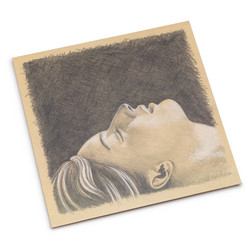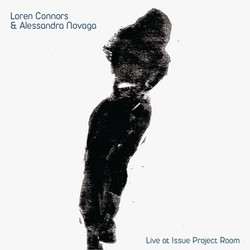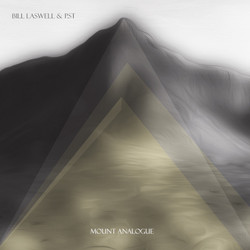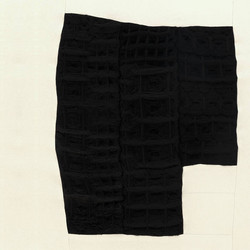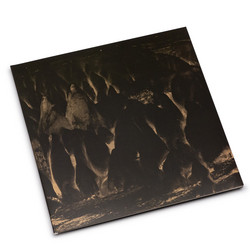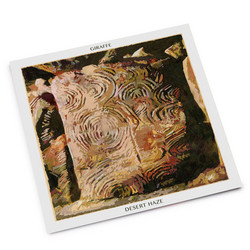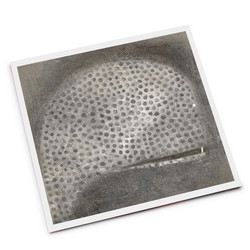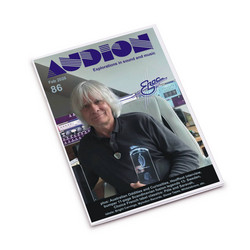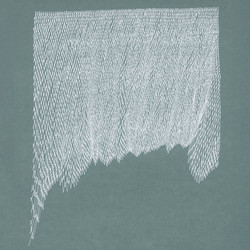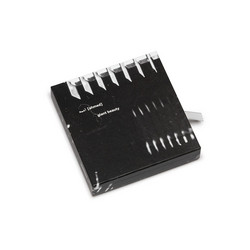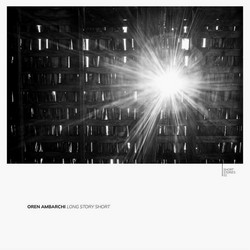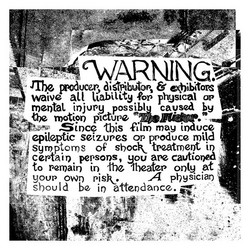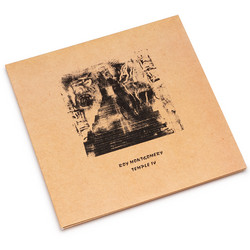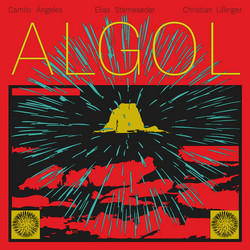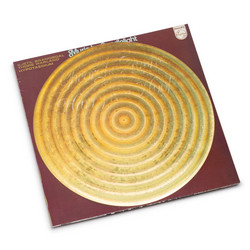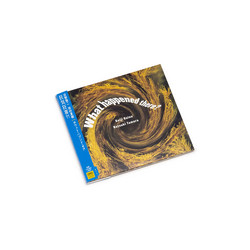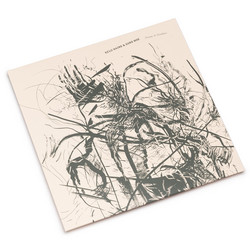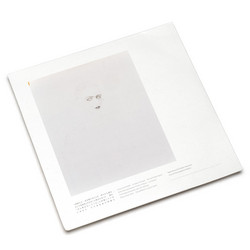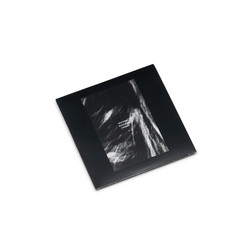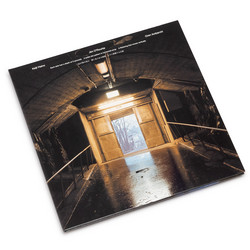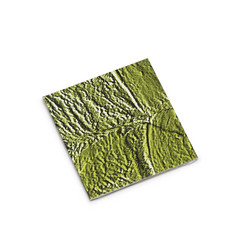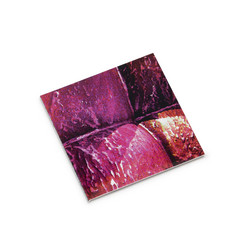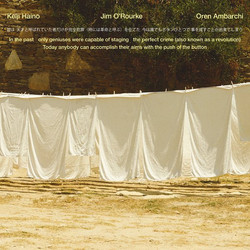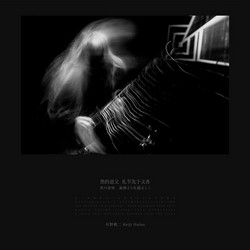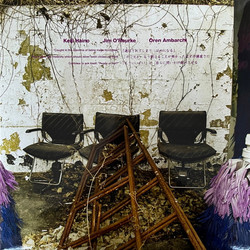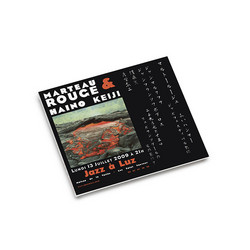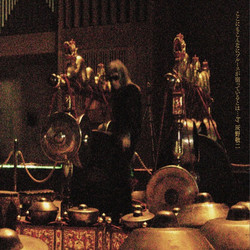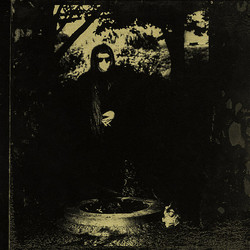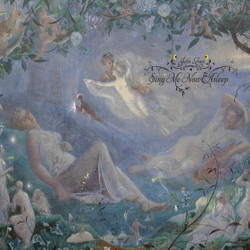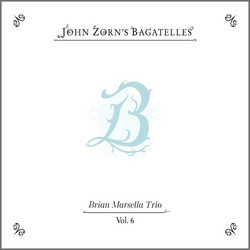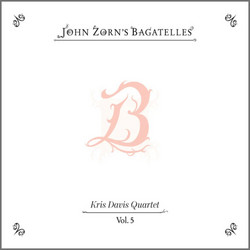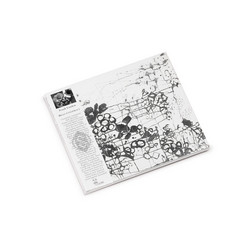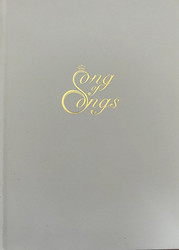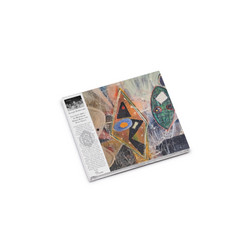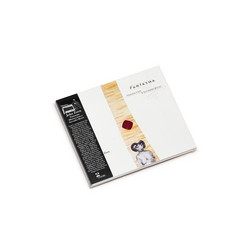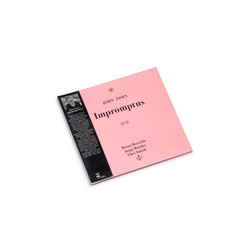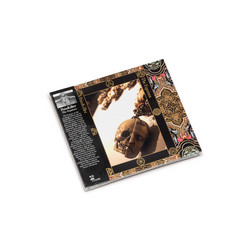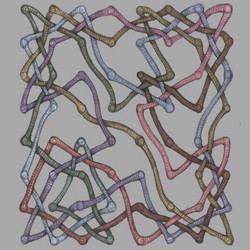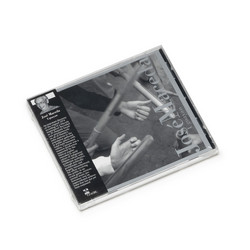Tenshi No Gijinka is an album by Japanese musician Keiji Haino, released on John Zorn's Tzadik label in 1995. The album features nine untitled pieces, consisting entirely of Haino's voice and percussion in what stands as one of his most stripped-down and ritualistic statements. Known for his work with the psychedelic rock trio Fushitsusha and numerous experimental collaborations, Haino here explores the outer limits of solo performance. Keiji Haino (born May 3, 1952) is a Japanese musician and singer-songwriter whose work has included rock, free improvisation, noise music, percussion, psychedelic music, minimalism and drone music. His initial artistic outlet was theatre, inspired by the radical writings of Antonin Artaud, before an epiphanic moment hearing The Doors' "When The Music's Over" changed his course toward music. Known for his distinctive appearance—long hair, black clothes and sunglasses—and strict straight-edge vegetarian lifestyle, Haino has maintained an uncompromising artistic vision across decades.
Focusing entirely on percussion and vocals, Haino builds a unique, meditative space out of drones, cymbal smacks, rings, and reverberations on Tenshi No Gijinka. The music ranges from resonant gong tones with shouted, gargled vocals to crashing percussion with deep chanting, from barking vocals with spare drum hits to extended, ringing metal percussion. This creates what critics have described as "a personalized and esoteric ritual that alternately serves as repeated tension release and representation of the inner sounds of existence." The nakedness of much of this music, combined with the processional movement of the drums, gives Tenshi No Gijinka a particularly abstracted, ritualistic tenor. The album's title translates to "Personification of an Angel" or "Seraphic Impostor," suggesting the spiritual dimensions Haino explores through extreme sonic means. This represents one of Haino's darkest albums, creating what one reviewer described as an "arcane beauty" that requires multiple listens to fully reveal itself.
The recording showcases Haino's philosophy of total immersion in sound, where conventional musical structures dissolve into pure expression. Each track functions as a separate exploration of the relationship between voice and percussion, building toward moments of transcendence through repetition and intensity. The result is a captivating immersion in sustains and overtone that relocates listeners to "another zone of experience."
Tenshi No Gijinka stands as essential documentation of one of Japan's most uncompromising experimental artists at his most vulnerable and powerful, offering entry into the ritualistic dimensions of avant-garde performance.
